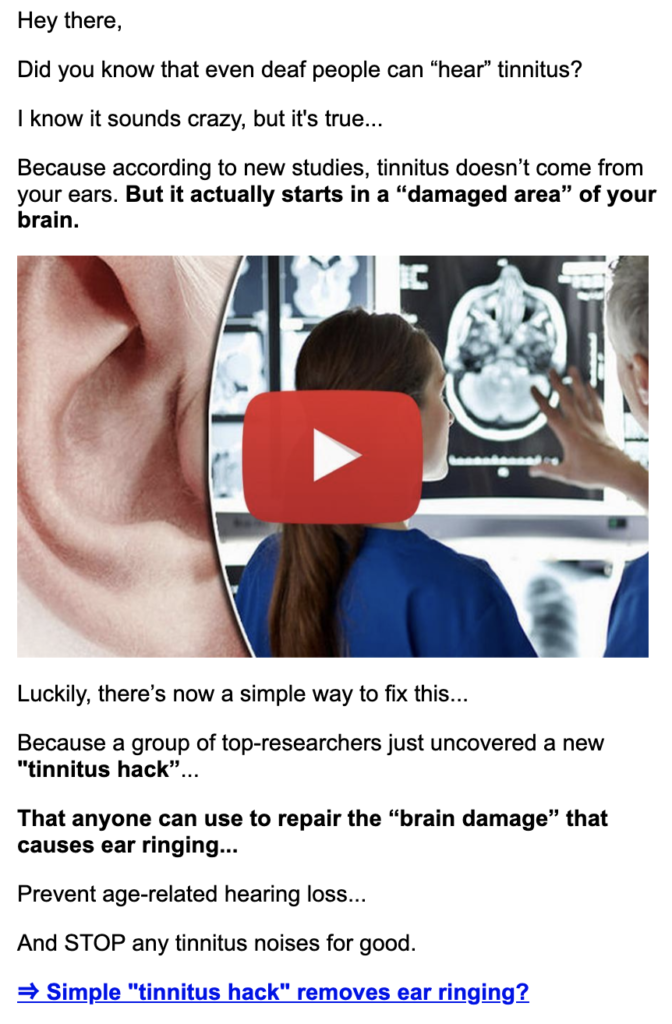
Uncovering the Hidden Causes of Tinnitus
Tinnitus, characterized by a ringing, buzzing, or hissing sound in the ears, can prove to be a frustrating and sometimes debilitating condition for those affected. While the exact cause of tinnitus is often difficult to pinpoint, medical research has shed light on several less-known triggers that could be contributing to this auditory ailment.
Understanding Tinnitus
Tinnitus isn’t a disease in itself but rather a symptom of an underlying health issue. For many, it’s a temporary condition, while for others, it becomes a chronic problem that can significantly diminish life quality.

Hidden Causes of Tinnitus
1. Medications
An often-overlooked source of tinnitus is medication. Certain pharmaceuticals, such as some antibiotics, cancer medications, and even high doses of aspirin, can be ototoxic and contribute to this condition.
2. Jaw Joint Dysfunctions
Temporomandibular joint disorder (TMJ), a condition that affects the jaw joints, can manifest tinnitus symptoms. The close proximity to the ears means that jaw misalignments or stress can impact auditory perception.
3. Blood Vessel Disorders
Abnormalities in the blood vessels, such as atherosclerosis or arteriovenous malformations, can cause tinnitus by altering the blood flow near the ear. This can result in a pulsatile type of tinnitus, which is synchronized with the individual’s heartbeat.
4. Dental Problems
Dental issues like impacted teeth or a history of severe dental work may lead to tinnitus. The nerves and muscles in the dental area are intricately linked to those in the ear, and problems in one can affect the other.
5. Diet and Lifestyle
Certain dietary choices, such as excessive intake of salt, caffeine, or alcohol, can exacerbate tinnitus. Additionally, smoking can also heighten the perception of tinnitus by affecting blood flow and neural activity.
6. Sound Exposure
Not all sounds cause immediate hearing loss. Some frequencies, especially those at high volume, may lead to tinnitus without an apparent reduction in hearing capability. This includes exposure to loud music, machinery, or even earphones used at a high volume for prolonged periods.
7. Neurological Disorders
Conditions that affect the central nervous system, such as multiple sclerosis or migraines, can also have tinnitus as a symptom. The complex relationship between the auditory pathways and the neurological framework underlines the role of nerve-related issues in tinnitus manifestation.
Diagnosis and Treatment Approaches
Since tinnitus can arise from various issues, diagnosing the cause is crucial. A comprehensive approach involving an audiologist, dentist, and even a neurologist might be necessary. Treatments may include:
- Sound Therapy: Using background noise to mask the sounds of tinnitus.
- Cognitive Behavioral Therapy (CBT): To help manage the psychological effects of tinnitus.
- Medication Adjustments: If tinnitus stems from medication, altering the dosage or switching drugs can alleviate symptoms.
- Lifestyle Modifications: Implementing a healthier diet, reducing intake of stimulants, and managing stress.
- Dental Treatments: Addressing underlying dental conditions can sometimes reduce tinnitus.
Conclusion
When it comes to tinnitus, there’s no one-size-fits-all cause or solution. Exploring the hidden causes mentioned above can provide valuable insights into managing or even alleviating this mysterious condition. Individuals experiencing tinnitus should speak with healthcare providers to examine these potential triggers and create a tailored plan to address their specific situation.



